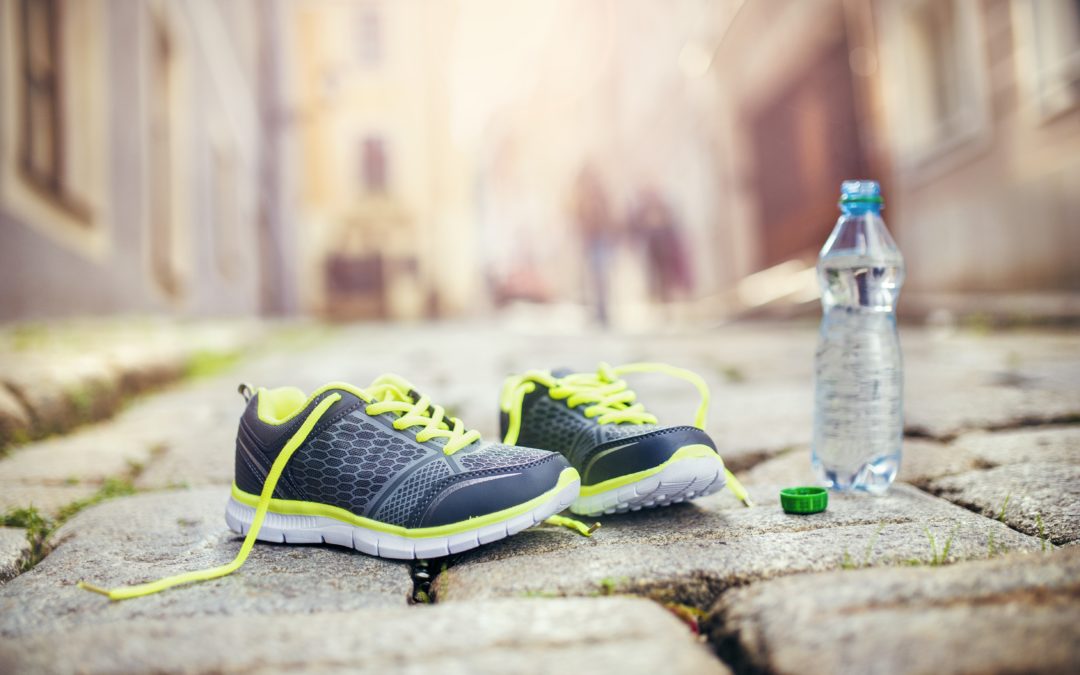Why should I exercise?
Research shows that regular exercise can help:
- Maintain healthy growth
- Prevent chronic diseases (Cancer, Type 2 Diabetes, Heart disease)
- Make muscles stronger
- Increase your energy
- Decrease stress
- Prolong independence
- Prevent falls
- Manage incontinence
- Improve your memory
What kind of exercise is right for the elderly?
Health Canada recommends that people over the age of 65 years old:
- Take part in at least 2.5 hours of moderate- to vigorous-intensity aerobic activity each week.
- Spread out the activities into sessions of 10 minutes or more.
- Add muscle and bone strengthening activities using major muscle groups at least twice a week. This will help your posture and balance.
There are two main types of exercise:
- Aerobic exercise Continuous movement that makes you feel warm and breathe deeply. Examples: Pushing a lawn mower, taking a dance class, or biking to the store.
- Strengthening exercise Keeps muscles and bones strong and prevents bone loss. It will also improve your balance and posture. Examples: Lifting weights, groceries or yoga.
Top tips for seniors to help you keep active!
- Find an activity you like such as swimming or cycling.
- Minutes count — increase your activity level 10 minutes at a time.
- Active time can be social time— look for group activities or classes in your community, or get your family or friends to be active with you.
- Walk wherever and whenever you can.
- Take the stairs instead of the elevator, when possible.
- Carry your groceries home.
Top tips for seniors to keep you healthy!
- Pay attention to your body: Exercise at a level where you feel like you’re working, but it shouldn’t feel extremely hard.
- Pay attention to your surroundings: Make sure your environment is safe and free of obstacles.
- Warm up and cool down before exercise: It will help your body get ready for your exercise and prevent injuries.
- Drink plenty of fluids: Even when you may not feel thirsty. Staying hydrated is always important, especially on hot days.
- Watch out for the weather: Avoid exercising in very hot or cold environments. Wear good clothing, and don’t exercise if the weather isn’t cooperating.
- Use the proper equipment: Wear a helmet when bicycling and comfortable shoes when walking.
- Visit your doctor regularly: Ensure your strength, mobility and balance are good, this will help prevent injuries! Ensure that your vision and hearing is good, and that your eyeglass prescription is correct.
- Maintain a proper diet: Follow the Canadian Food Guidelines to ensure that you are meeting your goals for Calcium and Vitamin D.
- Medications: Speak to your doctor and pharmacist about the medications that you are taking. Certain medications increase your risk of falls.
- Wear proper footwear and clothing in your home and outdoors: Avoid long skirts, loose clothing or dangling cords.
To learn more or to book an appointment, call 514-684-9073.
- Continue reading with: Golf Stretches: 7 exercises to do before and after each game.

